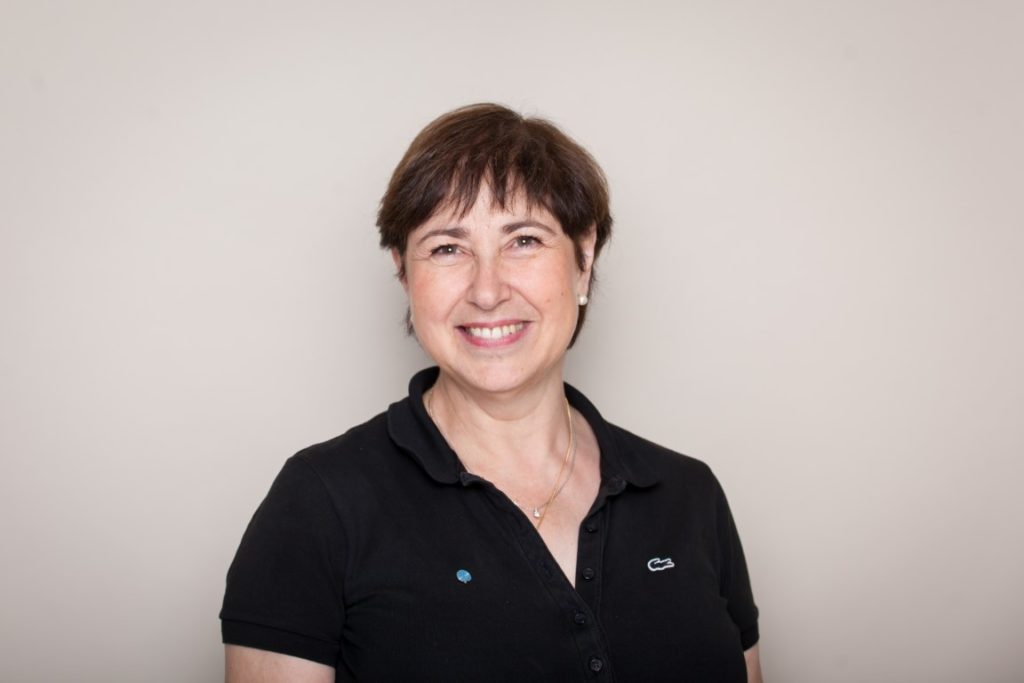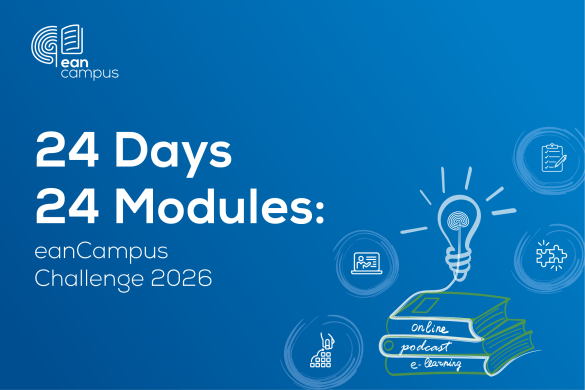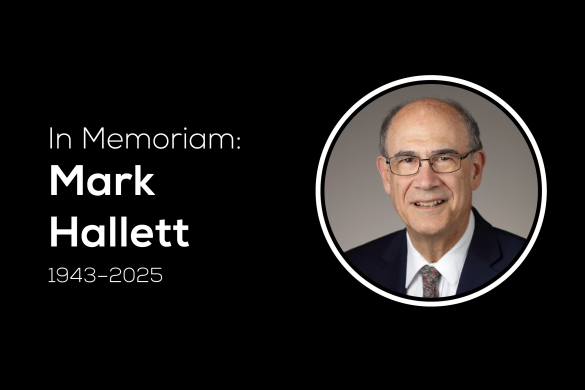
Prof. Marie Vidailhet
Head of Scientific Committee
Department of Neurology, Salpetriere Hospital, Sorbonne Université, ICM research Center, Paris, France
As any place in Europe and beyond, the French health system is still under pressure and Covid-19 has already and will profoundly change healthcare. From the start, the French healthcare system concentrated efforts to expanding hospital capacity to provide care for patients most severely affected by Covid-19 (about 20% of the contaminated) while avoiding hospital overcrowding by relying in primary care medicine for less severe cases and by setting up telemedicine platforms to provide personalized assistance to patients at home (Covidom program) and prevent the spread of the virus. Nevertheless, Hospital was at the heart of the crisis, and concentrated efforts to increase the number of beds (almost doubled) in intensive care units (ICU) and created Covid-19 units in most of the medical departments. As France governance is relatively centralized, graduate response to the crisis was adapted on a daily basis with coordination both at the national and regional levels (e.g “hot spots” Paris area, East and North parts of France, whereas the West and South-west areas were relatively spared).
In common with the rest of Europe and across the World, the French health system is under pressure; Covid-19 has already changed and will further profoundly change healthcare. From the start, the French healthcare system concentrated efforts to expand hospital capacity to provide care for patients most severely affected by Covid-19 (about 20% of those affected), while avoiding hospital overcrowding by relying on primary care medicine for less severe cases, and by setting up telemedicine platforms to provide personalized assistance to patients at home (Covidom program) to prevent the spread of the virus. Nevertheless, hospitals were at the heart of the crisis, and there were concentrated efforts to increase the number of beds which were almost doubled in intensive care units (ICU) and Covid-19 units were created in most medical departments. As in France governance is relatively centralized, a graduated response to the crisis was adapted on a daily basis with coordination both at national and regional levels (e.g “hot spots” were identified in the Paris area, Eastern and Northern parts of France, whereas the West and South-west areas were relatively spared).
Since the very beginning of the pandemic, and long before neurological manifestations and complications were identified, neurologists, from junior interns to senior doctors, immediately volunteered to help in emergency rooms, non-neurological departments and ICUs, and they contributed to identifying and describing a wide range of neurological features from encephalitis, acute inflammatory multifocal lesions, vascular events (stroke and thrombosis), brainstem involvement, encephalopathies, confusion, delusions and behavioral disorders, nerve and muscle disorders (with electrophysiological work out by neurophysiologists), to name a few. They became front-line staff, incorporated into a multidisciplinary approach to develop research protocols, characterize the disease and start therapeutic trials. They also engaged in public health services, such as telemedicine platforms to deliver care after hospital discharge and for ambulatory Covid+ patients, ethical counselling decisions for ICU admission and in the care of chronically ill patients with rare or common neurological disorders.
This is the beginning of a new era for neurology: in these rough times, we, neurologists, are valiant and creative, we easily and quickly get out of our comfort zone, and we are able to profoundly change our medical practice. Decompartmentalization of specialties with transfer of expertise between colleagues and allied health professionals happened in a very short time and under terrible circumstances. This was both challenging and inspiring.
What’s next? The new challenge is to maintain the multidisciplinary approach combining clinical expertise, dynamic research and care in Neuro-Covid while, at the same time, taking care of patients with established neurological disorders.
French neurologists will soon need to address a gradual end of lockdown for the population. During outbreak of the pandemic, patients with neurological disorders were surprisingly quiet and did not seek medical attention, likely anxious of contracting infection and remained confined to their homes. Even emergency calls were dramatically decreased, including emergencies such as transient ischaemic attacks or minor strokes. In addition, we think that there may have been a delay in management of acute diseases that were undetected or not referred. We will also have to identify physical and neuropsychological consequences of isolation, as well as possible long-term effects of Covid-19 for those who were infected. We are ready to get back to our usual activities and provide the best standard of care to patients with primary neurological disorders, with a new vision of health care, harnessing innovative approaches.
The is merely the end of the beginning of the Covid-19 challenge. But, richer in experience gained, this is also the beginning of a new era of opportunities, a challenging time, a time that fosters change.
Overall, more than ever, we are ready to open up our practice to encompass multiple disciplines in clinic and research, while still keeping our identity. Yes, we can, we are innovative, we share expertise, we transfer care to allied professionals, we combine tele-medicine and in-person care, we empower the creativity of young neurologists. Within the home of neurology -EAN- we have the right energy for the present time and for the future.
As any place in Europe and beyond, the French health system is still under pressure and Covid-19 has already and will profoundly change healthcare. From the start, the French healthcare system concentrated efforts to expanding hospital capacity to provide care for patients most severely affected by Covid-19 (about 20% of the contaminated) while avoiding hospital overcrowding by relying in primary care medicine for less severe cases and by setting up telemedicine platforms to provide personalized assistance to patients at home (Covidom program) and prevent the spread of the virus. Nevertheless, Hospital was at the heart of the crisis, and concentrated efforts to increase the number of beds (almost doubled) in intensive care units (ICU) and created Covid-19 units in most of the medical departments. As France governance is relatively centralized, graduate response to the crisis was adapted on a daily basis with coordination both at the national and regional levels (e.g “hot spots” Paris area, East and North parts of France, whereas the West and South-west areas were relatively spared).
Since the very beginning of the epidemy, and long before the neurological manifestations and complications were identified, neurologists, from junior interns to senior doctors, immediately volunteered to help in Emergency rooms, non-neurological departments and ICU, and they contributed to identify and describe a wide range of neurological features from encephalitis, acute inflammatory multifocal lesions, vascular events (stroke and thrombosis), brainstem involvement, encephalopathies, confusions, delusions and behavioral disorders, nerve and muscle alterations (with electrophysiological work out by neurophysiologists), to name a few. They became front-line, in a multidisciplinary approach, for research protocols, characterization of the disease and therapeutic trials. They also engaged in public health services such as telemedicine platforms for care after hospital discharge and for ambulatory Covid+ patients, but also in ethics counselling for ICU admission and care of chronically ill patients with rare or frequent neurological disorders.
This is the beginning of a new era for Neurology: in these rough times, we, neurologists, are valiant and creative, we easily and quickly get out of our comfort zone, and we are able to profoundly change our medical practice. Decompartmentalization of specialties, transfer of expertise with colleagues and allied health professionals happened in a very short time and under terrible circumstances. This was both challenging and inspiring.
What’s next? The new challenge is to maintain the multidisciplinary approach with clinical expertise and dynamic in research and care in Neuro-Covid while, at the same time, taking care of the neurological disorders.
The French neurologists will soon face progressive end of the lockdown for the population. During the outburst of the epidemy, patients with neurological disorders were surprisingly quiet and not seeking medical attention, anxious of contamination and confined to their homes. Even emergency calls were dramatically decreased, including emergencies such as TIA or minor strokes. In addition, we think that there may have been a delay in management of acute diseases that were undetected or not referred. We will also have to identify physical and neuropsychological consequences of isolation as well as long term effects of Covid-19 for those who were contaminated. We are ready to get back to our activities and provide the best standard of care to patients with primary neurological disorders, with a new vision of heath care and innovative approaches.
The is merely the end of the beginning of the Covid-19 adventure. But, rich of this experience, this is also the beginning of a new era of opportunities, a challenging time, a time that fosters change.
Overall, more than ever, we are ready to open-up to multiple disciplines in clinic and research while keeping our identity. Yes, we can, we are innovative, we share expertise, we transfer care to allied professionals, we combine tele-medicine and in-person care, we empower the creativity of young neurologists. Within the home of Neurology-EAN, we have the right energy for present and future.













